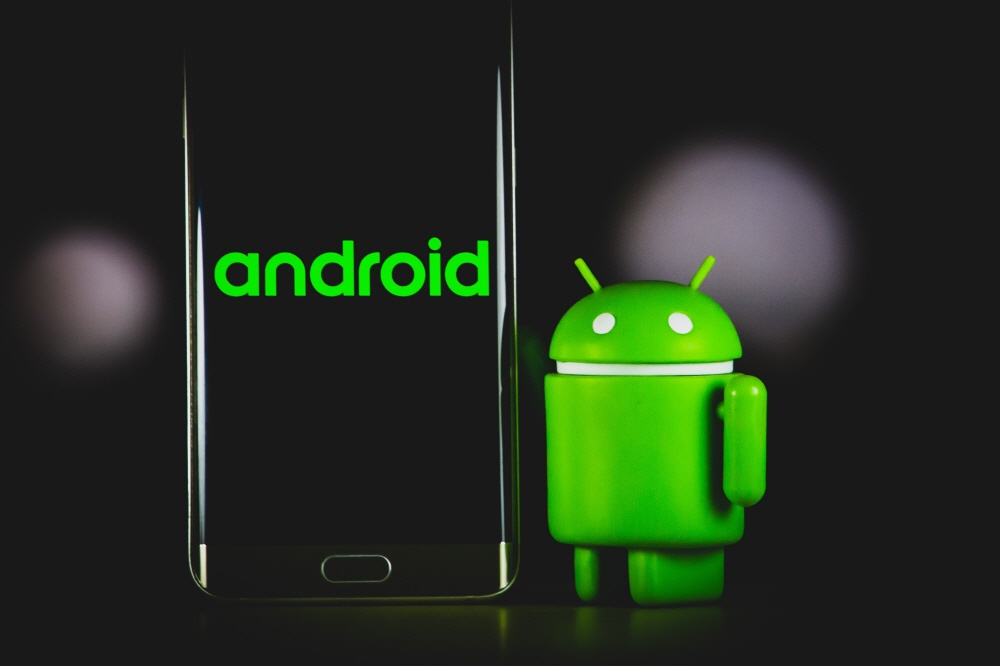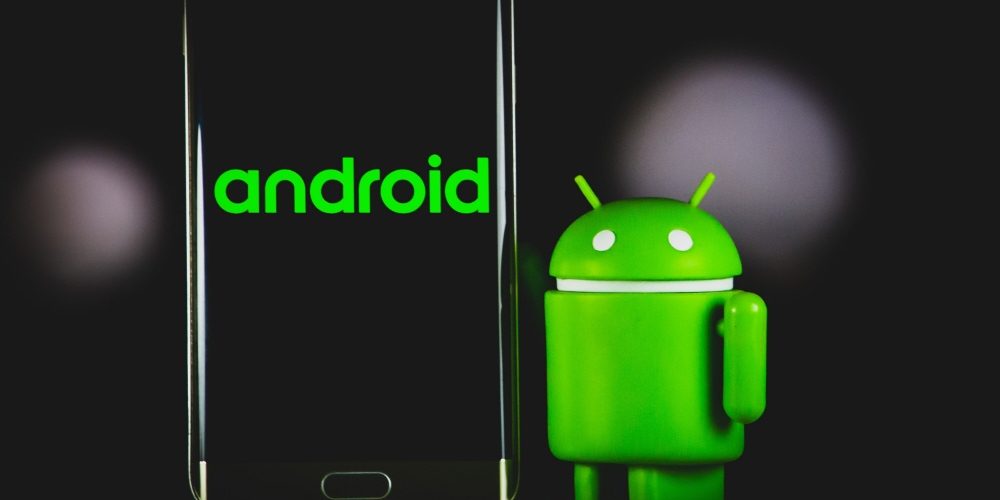
Google announced on July 28 that it will update its Google Play policy and allow users to opt out of tracking by advertising ID.
In iOS 14.5, released in April, Apple activated ATT (App Tracking Transparency), which allows users to opt out of tracking advertising purposes using the advertising identifier IDFA. As a result of the adoption of ATT, many users refused to track advertisements, and there are reports that advertisers and advertising companies such as Facebook are being hit hard.
There is also a report that mobile ad spending for Android, a competitor, is increasing as iOS regulations tighten. However, Android admits to implementing a feature that allows you to opt out of ad tracking like ATT does. While there are growing concerns that Google’s ad tracking restrictions will adversely affect its annual ad revenue of $130 billion, Google said it will be available on Android 12 devices from late 2021.
On July 28th, Google announced on its official blog that it would change the Google Play policy. Starting in late 2021, Google Play technology updates will be made and users will be able to opt out of ad tracking. It also prohibits developers from resetting persistent device identifiers to sensitive user data, resettable identifiers and advertising IDs, and avoiding optimization ad rejection.
What’s new is that the ad ID that the user selects to optimize the ad is deleted and replaced with a string of zeros. The change will apply to devices running Android 12 from late 2021, and is expected to expand to all devices that support Google Play in early 2022.
While regulating the tracking of ads, Google acknowledges the need for developers to understand application usage and behavior for purposes such as application analysis and fraud prevention. Therefore, Google is providing developers with a new identifier (app set ID) so that applications can be tracked for purposes other than advertising. This identifier is automatically deleted when the application is removed from the device or the application is not accessed for 13 months.
Google also announced in May that it had prepared a safety section stating how the app would use user data as part of its policy revision in May. This session is intended to provide information on user data processing and privacy practices for applications provided by developers on Google Play. Users can check the types of user information the app collects and privacy practices on Google Play. You can also see in detail what data the app collects. Users who want to get enough information in advance can install the application with confidence.
Google is also making it clear that it prohibits sending identifiers, such as advertising IDs, in apps designed for children. In addition, in order to strengthen the overall security of Google Play, it has also announced that it will close developer accounts that do not have access to the Google Play console and upload apps for one year. App developer accounts with more than 1,000 installs or in-app purchases in the last 90 days are not subject to closure. Related information can be found here.


















Add comment